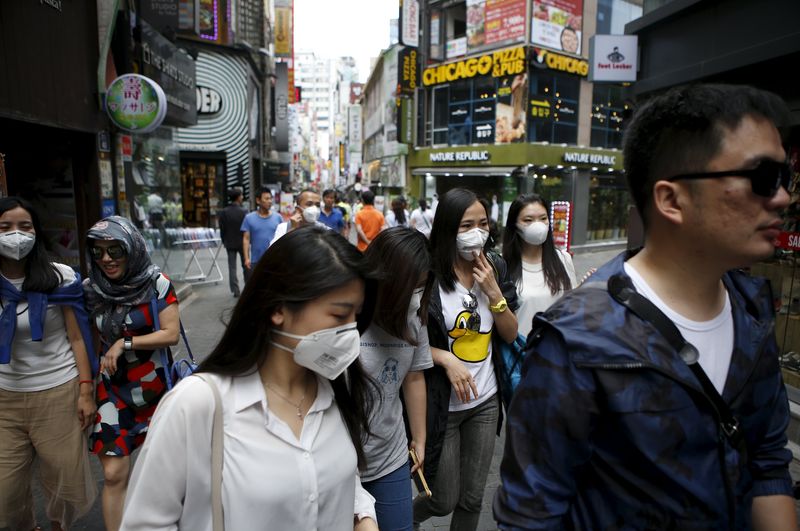Street Calls of the Week
(Bloomberg) -- South Korea’s household debt rose to a new record in 2017, even as the government tightened lending terms to cool the property market.
Household debt including credit purchases rose to 1,450.9 trillion won ($1.3 trillion) at the end of December, up 8.1 percent from the previous year, according to a statement from the Bank of Korea. While the pace of increase remained fast, it was the slowest in three years.
President Moon Jae-in’s administration has released a series of measures since taking office in May to slow debt growth and prevent overheating in the property market. The government is concerned that the high level of debt, combined with higher interest rates, could cause vulnerable households to default.
BOK’s Governor Lee Ju-yeol said this week that efforts should continue to push the rise in household debt below that of incomes, and that a “soft landing” is preferable to a rapid slowdown. Household debt rose 2.2 percent in the fourth quarter.
Banks accounted for about half of the increase in lending to households in the fourth quarter, while other financial institutions such as insurers and the Korea Housing Finance Corp. accounted for more than a third. Purchases on credit such as credit cards accounted for 8.9 percent.
While growth in bank mortgage debt slowed in 2017, other loans jumped. The BOK sees the increase coming from loans taken from newly launched internet-based banks, and as more households took out loans.
